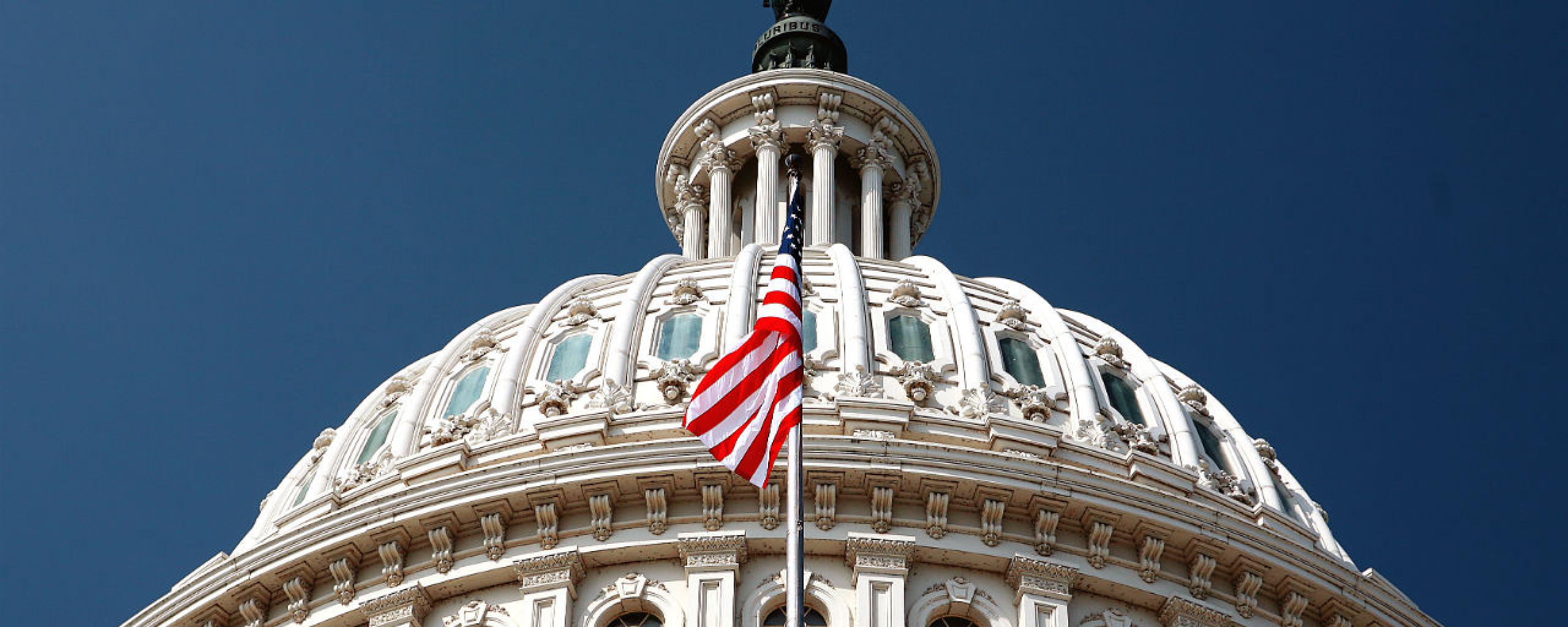Endorsed Bills
Below is a list of legislation that the Congressional Labor Caucus has officially endorsed.
Bill Status: Introduced | Date Last Action Taken:
Committees:
Labor Caucus Lead: Rep. Nikki Budzinski (IL-13)
Bill Summary: The LEAP Act provides a $1,500 federal tax credit for businesses hiring new registered apprentices.
Bill Status: Introduced | Date Last Action Taken:
Committees:
Labor Caucus Lead: Rep. Lloyd Doggett (TX-37)
Bill Summary: The No Tax Breaks for Outsourcing Act eliminates the tax incentives created by the 2017 GOP tax law to export jobs and profits offshore by establishing a lower tax rate for multinational investments made overseas that is half that for domestic investments. Specifically, the bill sets the minimum tax on the foreign profits of multinationals equal to the statutory corporate tax rate on domestic profits and applies that rate to a similar base – putting the U.S. on par with the EU, UK, Korea, and others.
Bill Status: Introduced | Date Last Action Taken:
Committees:
Labor Caucus Lead: Rep. Rosa DeLauro (CT-03)
Bill Summary: The Paycheck Fairness Act requires employers to prove that pay disparities exist for legitimate, job-related reasons, bans retaliation against workers who discuss their wages, and removes obstacles in the Equal Pay Act to facilitate participation in class action lawsuits that challenge systemic pay discrimination.
Bill Status: Introduced | Date Last Action Taken:
Committees:
Labor Caucus Lead: Rep. Seth Magaziner (RI-02)
Bill Summary: The Protected Time Off Act allows all employees to accrue one hour of paid vacation leave for every 25 hours they work. Full-time employees would accrue 2 weeks of annual leave per year. This leave would be provided in addition to any paid sick leave or family and medical leave.
Bill Status: Introduced | Date Last Action Taken:
Committees:
Labor Caucus Lead: Rep. Mary Gay Scanlon (PA-05)
Bill Summary: The Honoring Our Fallen Heroes Act of 2025 Act provides presumptive benefits for occupational cancer under the Public Service Officers' Benefits (PSOB) Program, an existing DOJ program that provides benefits to the survivors of public safety offices who are killed in the line of duty but does not currently recognize occupational cancer as an eligible cause of death.
Bill Status: Introduced | Date Last Action Taken:
Committees:
Labor Caucus Lead: Rep. Rosa DeLauro (CT-03)
Bill Summary: The Children Don't Belong on Tobacco Farms Act prohibits children under the age of 18 from working in tobacco fields and coming into direct contact with tobacco plants or dried tobacco leaves by deeming this type of work as oppressive child labor.
Bill Status: Introduced | Date Last Action Taken:
Committees:
Labor Caucus Lead: Rep. Hank Johnson (GA-04)
Bill Summary: The Stronger Communities through Better Transit Act provides $20 billion annually for four years ($80 billion total) to transit systems for their operating budgets (includes strong labor protections for transit workers).
Bill Status: Introduced | Date Last Action Taken:
Committees:
Labor Caucus Lead: Rep. John Garamendi (CA-08)
Bill Summary: The Shipbuilding and Harbor Infrastructure for Prosperity and Security (SHIPS) for America Act revitalizes the U.S. maritime industry by:
Expanding the U.S.-flagged fleet through tax credits for shipbuilding investments, launching a Strategic Commercial Fleet, and incentivizing the use of U.S.-flagged vessels for import and export cargo;
Growing the maritime workforce through investing in maritime education, establishing a Merchant Marine Retention Program, and modernizing USCG credentialing; and
Supporting U.S. shipbuilding and repair through establishing a shipbuilding financial incentive program, expanding support for small shipyards, and creating the U.S. Center for Maritime Innovation.
Bill Status: Introduced | Date Last Action Taken:
Committees:
Labor Caucus Lead: Rep. Donald Beyer (VA-08)
Bill Summary: The REHIRE Act would extend federal hiring preference to career federal employees that have been involuntarily removed from their positions in the competitive service during the Trump Administration.
Bill Status: Introduced | Date Last Action Taken:
Committees:
Labor Caucus Lead: Rep. Donald Beyer (VA-08)
Bill Summary: The PREP Act would reform federal employees’ probationary process by setting a probationary timeline to which all agencies must adhere.
